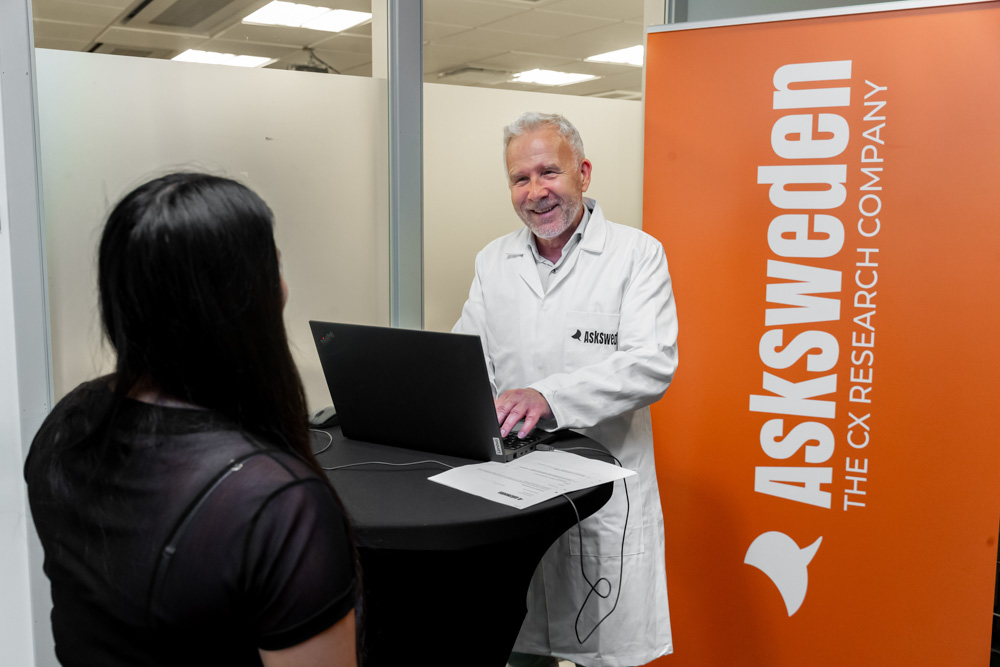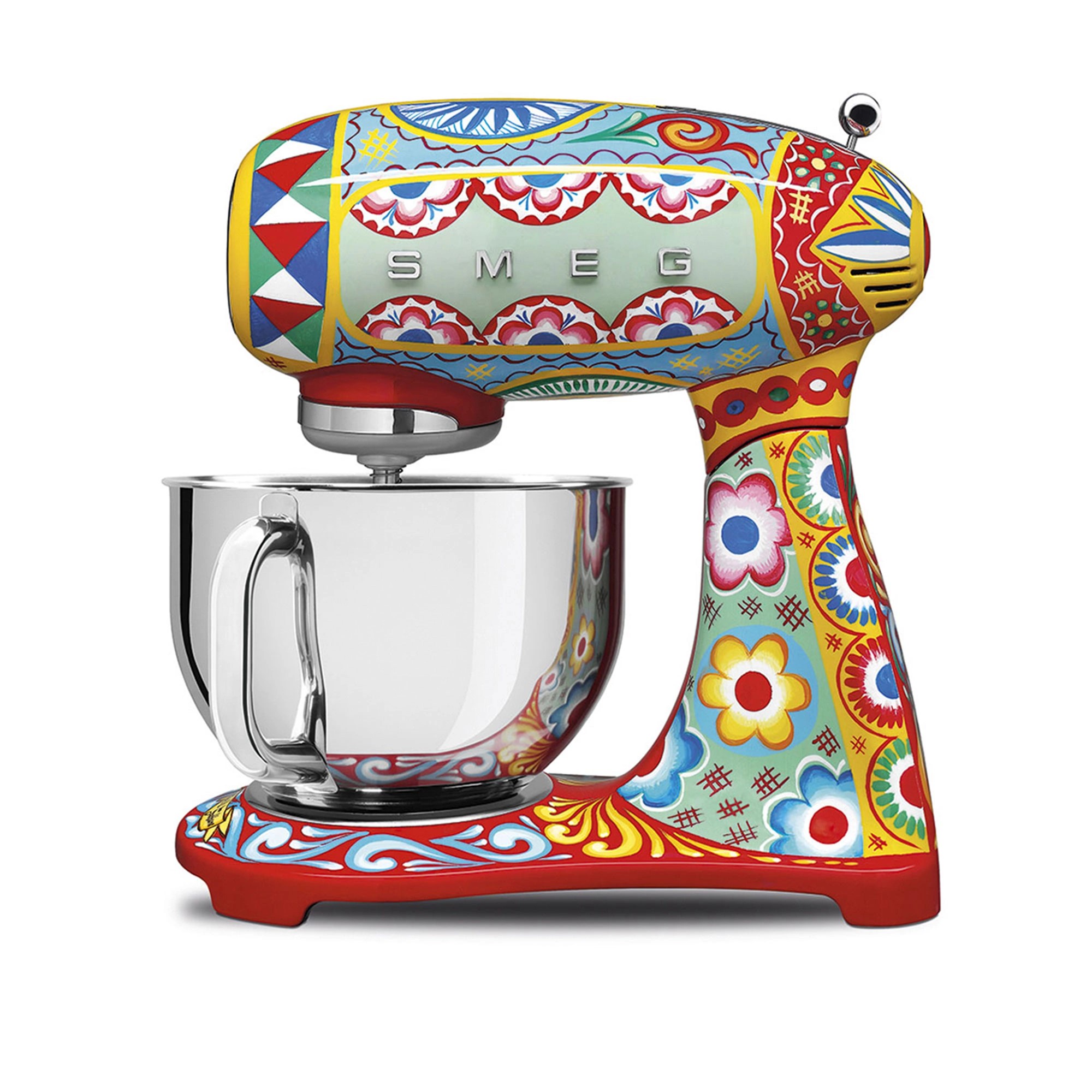Article — 5 Min Read
When quality is more telling than quantity: The advantage of a successful focus group.
Focus groups are a great way to collect qualitative data. They provide a platform for in-depth exploration of participants’ thoughts, feelings, and attitudes on a particular topic. This can uncover nuances and perspectives that may not emerge through other research methods. Learn how to get the most out of a focus group.
Using focus groups is a method best used for gathering qualitative data and rapid, but detailed and valuable, feedback from a representative sample of your target audience.
A focus group is usually held in a physical space, especially when you are testing a physical product, but they can of course also be held online. The group is led by a facilitator with the role to lead the work and moderate the discussion.
For a successful focus group in a digital environment, utilise video conferencing software and record the meetings. Video recording could also be very useful in a physical setting, so that you can go back and watch the videos for a deeper understanding and to make sure that no important detail is missed.
In either case, a recording could be transcribed and included in the final report, that should include actionable insights.
The insights gained from the focus group could be used to refine research objectives, strategies, or product development processes.
Looking at the budget, focus groups are often more cost-effective than one-on-one interviews, because multiple participants are interviewed simultaneously.
One other advantage is that data from the focus group can provide valuable context for quantitative research. Focus groups are particularly useful for exploratory research, where the goal is to understand a topic or problem better, before conducting more extensive and quantitative studies.
This method can allow researchers to observe group dynamics and interactions among participants. These interactions can reveal social norms, peer influence, and consensus or disagreement on specific issues – information that is almost impossible to collect with other research methods.
Of course, focus groups also have their weaknesses and limitations. Findings from focus groups are not statistically representative of a larger population and may not be applicable to broader demographics.
We are looking at qualitative data, which is subjective, so analyzing the data from focus groups can be resource-intensive and time-consuming, requiring skilled analysts to identify and interpret themes accurately.
How to maximise the benefits of a focus group
Preparation is key to get the most out of a focus group. Don’t try to cover more than one topic – a focus group should honour its name and be… focused.
First of all, it’s important to find the right participants for the group. When choosing your target group, you should be very specific. Avoid broad and general categories such as “homeowners” or “females with pets”.
Narrow it down to “homeowners with two children living at home and one car” or “single women 35-55 years old who owns at least one dog”. In some cases it can be important to ensure diversity in demographics, opinions, and background.
Then, pick the right questions and prompts. Questions should be open-ended to encourage participants to share and elaborate on their thoughts and impressions more freely. This also allows the moderator to follow up or ask for clarification. Leading or biased questions should be avoided.
It’s hard to overestimate the value and potential of new ideas and surprising insights that researchers could get from a focus group.
The sessions can be used for brainstorming, encouraging participants to generate new ideas and solutions collectively. The results could be very useful for brand building and marketing.
Additionally, the moderator could stimulate creativity and idea-sharing through participant interactions, allowing researchers to explore how ideas evolve and adapt during the discussion. The possibilities are unlimited.
It’s important to create a welcoming atmosphere where the participants can feel safe and relaxed. Refreshments and a chance to socialise with each other before the actual focus group work begins, makes it easier to get everyone in the right mood. Needless to say, the venue itself must of course be appropriate and fitting for the purpose.
During the introductions, each participant will fill out a consent form and the facilitator is setting the expectations by explaining the purpose of the study and informing everyone of the rules for the group.
The moderator will then lead the discussion and make sure that every participant in the group gets to express their feelings and opinions about the product. Without management, there’s likely to be a couple of participants taking over the discussion and the others will then be more passive. That would lower the quality of the focus group work, so the facilitator has a delicate role during the session.
Need a focus group in Stockholm for the Swedish market?
We at AskSweden have deep local knowledge of the market in Sweden, as well as the traditions and culture, along with skilled and experienced moderators. Our facilities are centrally located and we have a well-regarded recruitment team.
With our services you will be able to better understand cultural and social factors that influence opinions and behaviours within a specific demography or community in Sweden.
We would be thrilled to discuss your projects and needs for deeper knowledge of the Swedish market and consumers through focus groups in Sweden. Please contact us for further information and discussion.
Got an RFQ? Don´t be a stranger!
AUTHORS
Johan Jyrwall
Head of Sales and Project Management
Johan is an experienced researcher, entrepreneur, and project manager.
He have a solid track record in delivering insights for over 20 years for clients, domestic and international.





